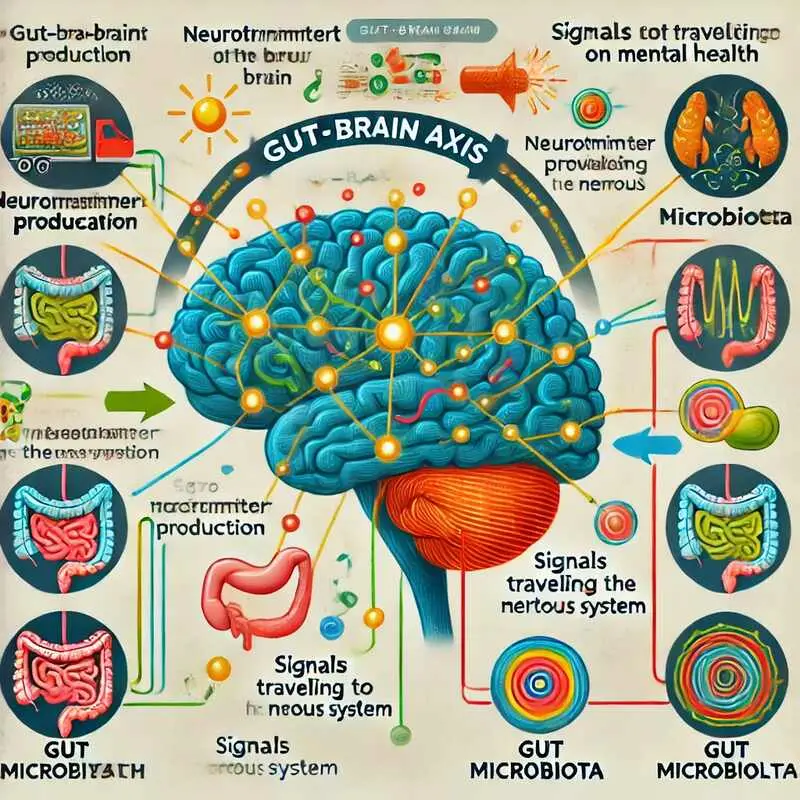- Published on: Mar 06, 2024
- 2 minute read
- By: SecondMedic Expert
Let's Talk About Men's Sexual Health: The Real Story
Hey there! Today, we're going to chat about some important stuff that might have crossed your mind when it comes to men's sexual health. We want to make sure you have the right info, so let's dive in and clear up some common myths and facts.
Myth: Size is Everything
One big myth is that the size of a guy's private parts is the most important thing when it comes to pleasing a partner in the bedroom. But guess what? That's not entirely true! Sure, size can be nice, but it's not the only thing that matters. What's more important is how you communicate with your partner, your technique, and the connection you share. So, don't sweat it if you're not packing the biggest package – there are plenty of other ways to make things satisfying for both of you.
What's the Deal with Testosterone?
You've probably heard about testosterone – it's often called the "man hormone." It's true that testosterone plays a role in men's sexual health, but it's not the only thing that matters. Having lower levels doesn't make you any less of a man. It's all about finding the right balance for your body. So, don't stress if you're not pumping out testosterone like a bodybuilder – focus on what makes you feel good and healthy.
Let's Talk About Performance Anxiety
Feeling nervous about performing in bed is totally normal – seriously, everyone feels it sometimes. But here's the thing: stressing out about it only makes it worse. The key is to talk to your partner about how you're feeling, relax, and remember that sex is supposed to be fun and enjoyable for both of you. So, take a deep breath, and don't let performance anxiety ruin the moment.
Masturbation Myths Debunked
There are lots of myths out there about masturbation – like it's bad for you or can make you go blind (spoiler alert: it can't!). The truth is, masturbation is completely normal and healthy. It's a way to explore your body, relieve stress, and just have some fun. So, don't be shy about it – embrace it as a natural part of being human.
Setting the Record Straight on Erectile Dysfunction
Now, let's talk about something that many guys feel ashamed to discuss: erectile dysfunction (ED). It's when a guy has trouble getting or keeping an erection. But here's the thing – it's not something to be embarrassed about. It's just a medical issue, like any other. And guess what? There are lots of ways to treat it and get back to feeling like yourself again. So, if you're experiencing ED, don't suffer in silence – take doctor consultation and explore your options.
Aging and Sexuality: What You Need to Know
As we get older, our bodies change – and that includes our sexual health. But here's the thing: getting older doesn't mean you have to give up on intimacy. It's all about adapting and finding new ways to connect with your partner. And remember, communication is key! So, don't let age hold you back from enjoying a healthy and fulfilling sex life.
In Conclusion
By busting these myths and talking openly about men's sexual health, we can all feel more confident and empowered. So, let's keep the conversation going and support each other in staying happy and healthy. Remember, it's okay to talk about these things – in fact, it's important. So, let's ditch the shame and stigma and focus on what really matters: taking care of ourselves and each other.
Read FAQs
A. Common myths include the belief that size matters most, masturbation is harmful, and testosterone levels solely determine sexual performance.
A. Aging can lead to changes in sexual desire, erectile function, and ejaculation. However, maintaining a healthy lifestyle and open communication with a partner can help adapt to these changes.
A. Treatments for erectile dysfunction include medication, lifestyle changes, and therapy. Performance anxiety can be addressed through relaxation techniques, communication with a partner, and therapy focused on addressing underlying issues.
Our Services
Request A Callback
Recent Posts
Monthly Healthy Community Meals at Health Hubs
Jan 14,2026









